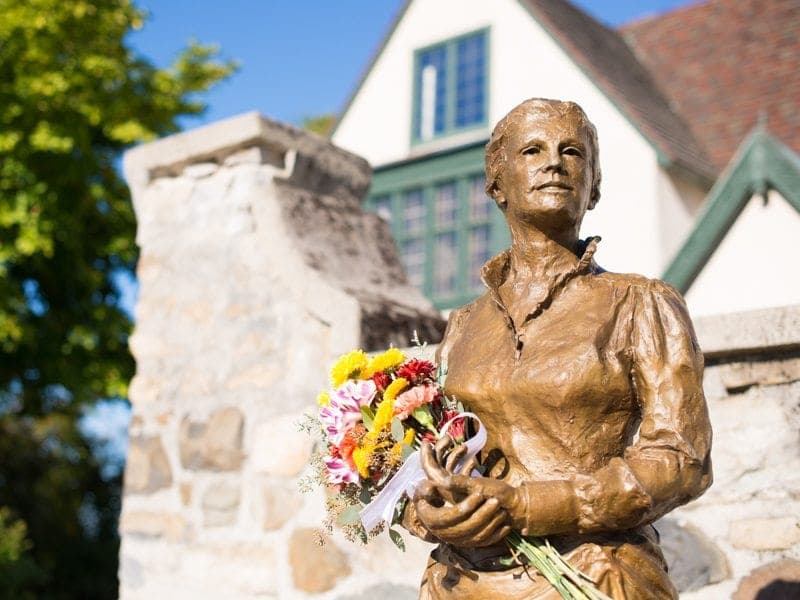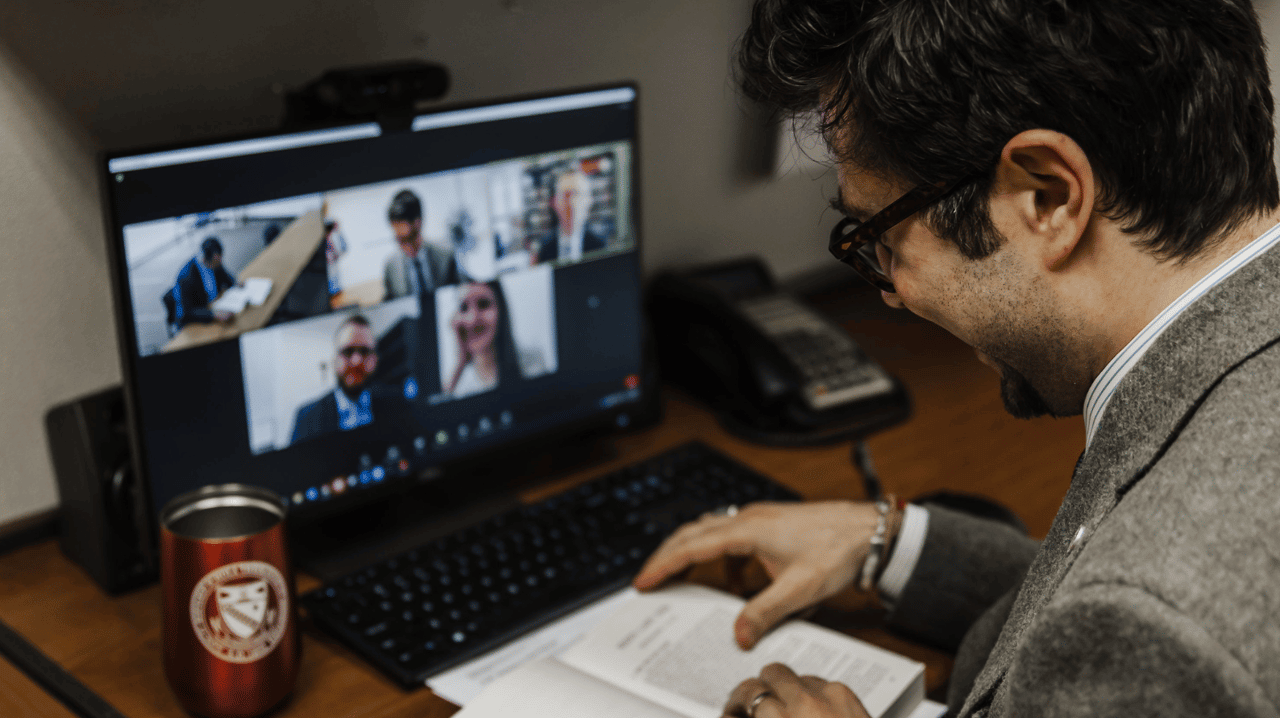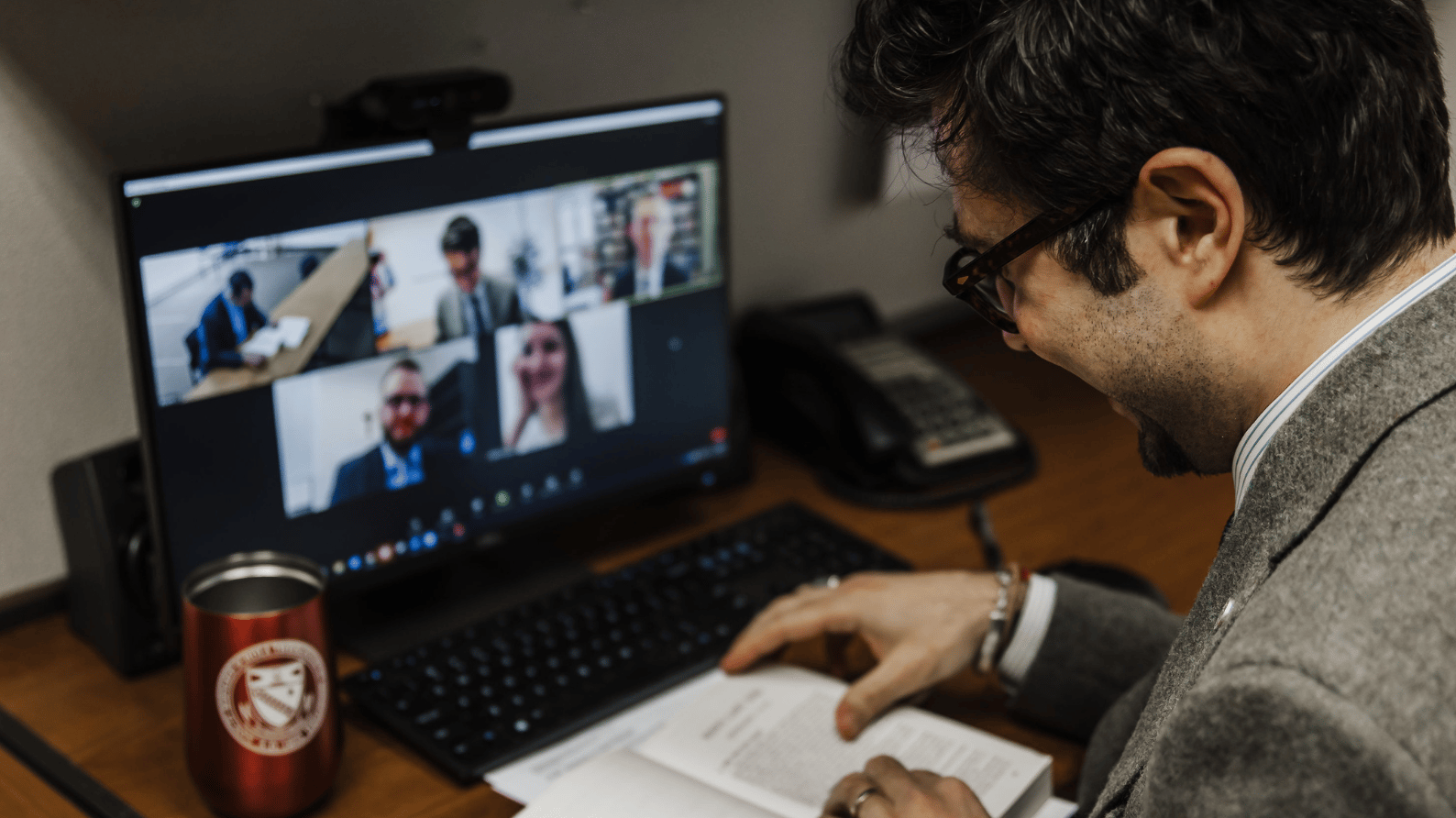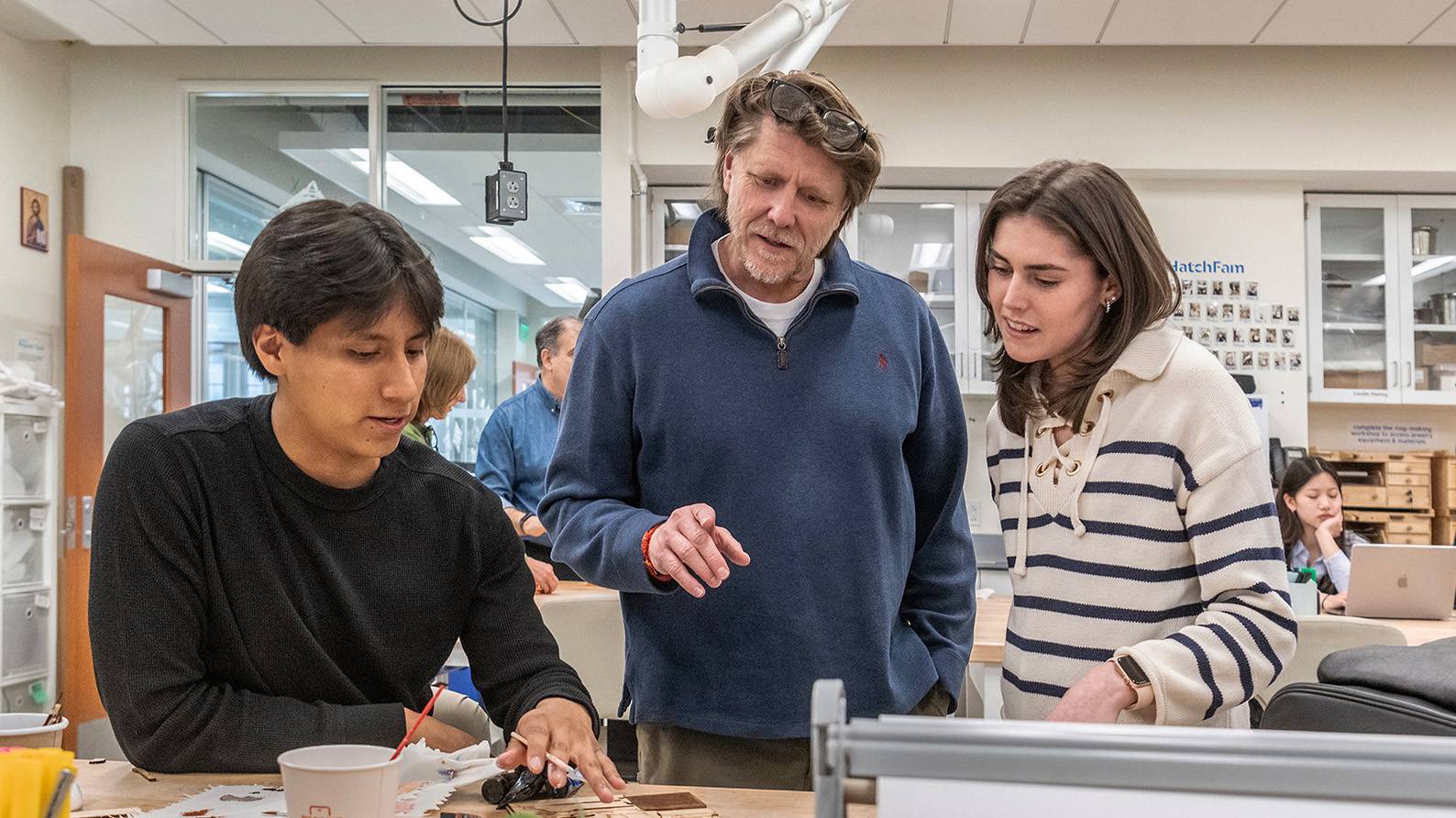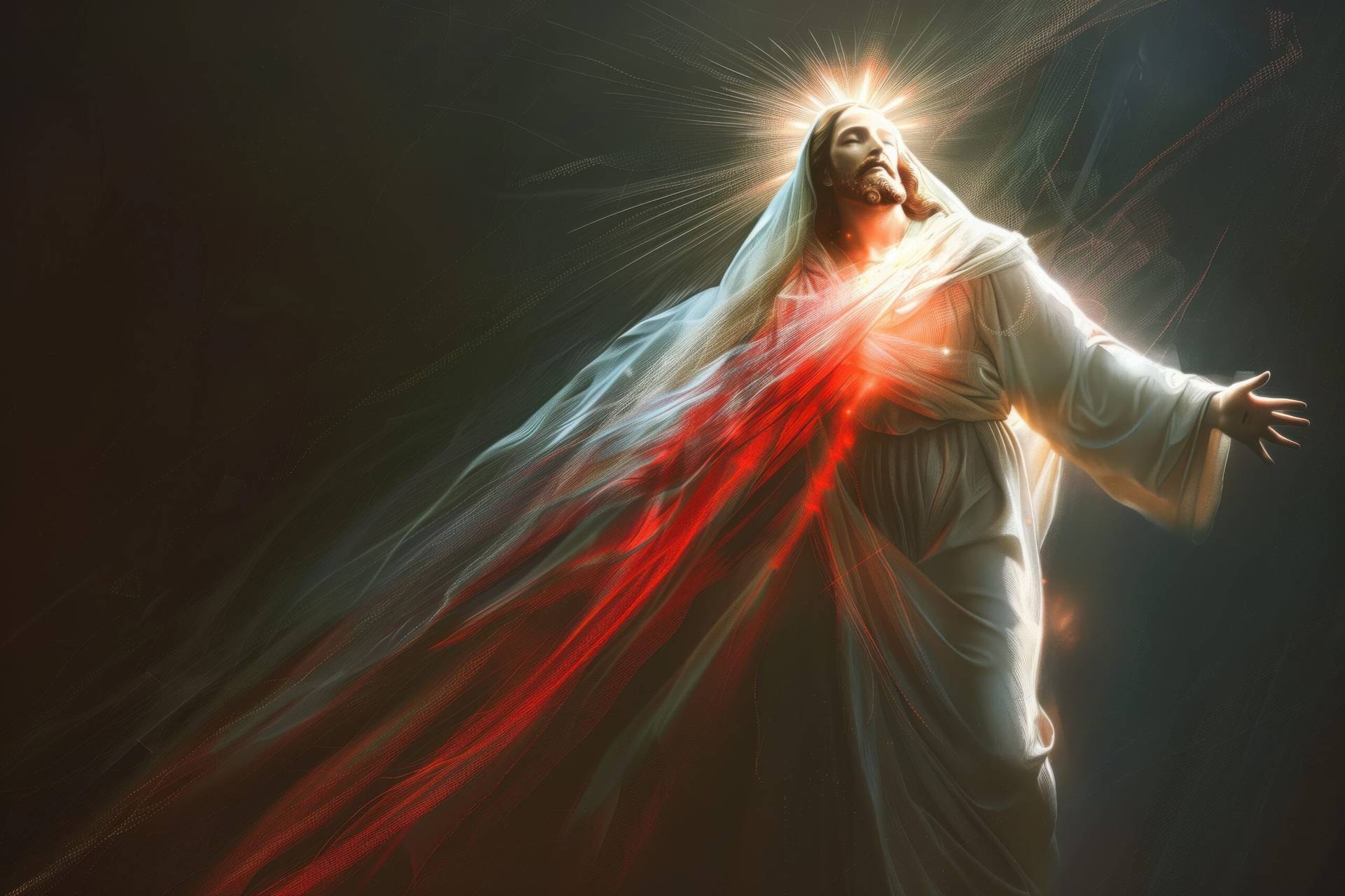Hispanic Heritage Month begins on September 15, the anniversary of the independence of five Latin American countries: Costa Rica, El Salvador, Guatemala, Honduras and Nicaragua. The celebration lasts until October 15, during which time Mexico, Chile and Belize will also celebrate their independence days.
According to the recent U.S. Census, 55 million people, or 17% of the American population, are of Hispanic or Latino origin. More than two-thirds consider themselves Roman Catholic.
The Catholic Church in the United States boasts two archbishops, 12 bishops, and 14 auxiliary bishops of Hispanic origin. About one third of all Catholics in the United States are Hispanic, and that percentage is expected to grow. Indeed, the future of the Catholic Church in the United States rests with the Hispanic Catholic community.
Here are five things Hispanic Catholics can do to celebrate Hispanic Heritage Month.
1)Pray a Novena to Our Lady of Guadalupe
On December 9, 1531, the Blessed Mother appeared to Juan Diego on Tepayac Hill and instructed him to build her a church. After several trips to the local bishop, he was finally able to convince him of the apparition when Mary left her own miraculous image on Juan Diego’s tilma. Though the garment should have disintegrated within decades, it still hangs today in the Basilica in Mexico City, a pilgrimage site for millions upon millions of Catholics. Pope Pius XII decreed Our Lady of Guadalupe to be Patroness of the Americas. Our Lady of Guadalupe remains the most popular devotion in the Hispanic Catholic community.
2) Learn about the life and writings of Pope Francis, the first Latin American Pope
Pope Francis is the pride and joy of the Latino Catholic community! The former Archbishop of Buenos Aries is known for his simplicity of life, love for the poor, and concern for the care of creation. His experience in Argentina formed his faith and colors his papacy.
3) Connect with a national Hispanic Catholic organization
Hispanic Catholics have been coming together for decades to serve the needs of the growing community in the United States. A sample of these organizations includes: the National Catholic Council for Hispanic Ministry, the Instituto Fe Y Vida, the Catholic Association of Latino Leaders, and the Federation of Pastoral Institutes. Investigate the work of these organizations and find out how to get involved.
4) Prepare for the V Encuentro
The I Encuentro was held in 1972 in Washington, DC, to facilitate participation of the Spanish speaking Catholic community in leadership within the Catholic Church in the United States. Future meetings focused on evangelization, integral education, and social justice issues, as well as youth and leadership formation. The V Encuentro will meet in Fall 2018 to discern ways the Church can better respond to the Hispanic presence, and to assist the Latino Catholic community in responding to the call to the New Evangelization as missionary disciples serving the entire Church. Preparations for V Encuentro are happening now in local dioceses and in lay ecclesial movements.
5) Get educated in Hispanic ministry
The next generation of Latino Catholic leaders will need some formal theological and pastoral training. Saint Joseph’s College online Theology programs offer a Certificate in Pastoral Ministry to Latino Catholics, a seven-course program that grounds pastoral ministry in solid Catholic theology. Courses include Foundations in Catholic Theology, the New Testament, Catholic Moral Theology, Theology of the Sacraments, Ministry in the Intercultural Church in America, the History of Latino Catholics in the Church, and Pastoral Leadership among Latino Catholics. The certificate can be earned at the undergraduate or graduate level and can serve as a stepping-stone to a Bachelor’s or Master’s degree.
Hispanic Heritage Month is an opportunity to take pride in the accomplishments of Hispanic Americans in all segments of society – politics, entertainment, sports, the arts, and academia. There is pride as well in the accomplishments of the Hispanic Catholic community in serving the needs of others, both physical and spiritual, by living the Gospel. A celebration of heritage is a celebration of the faith!
